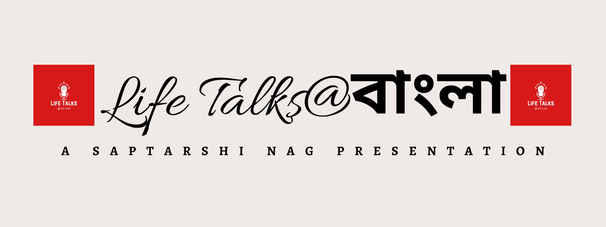
National Education Policy 2020: A Paradigm Shift in India’s Educational Landscape
By Neha Das, Faculty, Adhyayan Academy
The National Education Policy (NEP) 2020, the first education policy of the 21st century, heralds a transformative era in India’s educational trajectory, proclaiming a seismic shift from a rigid, rote-learning paradigm to a more flexible, experiential, holistic, integrated, inquiry-driven, discovery-oriented, learner-centred, discussion-based, and, of course, enjoyable framework. The policy aligning with the (SDG4) of the 2030 Agenda for Sustainable Development, adopted by India in 2015 aims at producing engaged, productive, and contributing citizens for building an equitable, inclusive, and plural society as envisaged by our Constitution in Fundamental Duties under Article 51A.
To cater to the rapid changes in the knowledge landscape with various dramatic scientific-technological advances and the persisting issue of affordability, quality, access, equity and accountability of Indian Education system, NEP 2020 introduces a novel 5+3+3+4 structural paradigm, supplanting the antiquated 10+2 framework. The policy’s emphasis on Early Childhood Care and Education (ECCE): as based on “Catch them Young” philosophy and vocational training from Class 6 onwards prepares students for an increasingly volatile and dynamic job market. Furthermore, the policy’s advocacy for mother tongue as the medium of instruction and promotion of multilingualism acknowledges the significance of linguistic diversity and cultural heritage, thereby promoting a more inclusive and culturally sensitive pedagogical approach. Apart from this, the policy also aims to uplift teacher training, restructuring the existing exam system and increasing public investment in education at large.
The implementation of NEP 2020 necessitates a multifaceted and nuanced approach. Short-term objectives focus on developing novel curriculum frameworks, establishing a National Assessment Centre, and launching a National Mission on ECCE. Mid-term goals encompass implementing the new structure, introducing vocational education, and establishing a National Education Technology Forum. Long-term aspirations aim to achieve 100% Gross Enrolment Ratio in higher education, thereby establishing India as a global hub for education and skill development. Some proposals were implemented immediately; for example, transformation of the Ministry of Education into the Ministry of Human Resource Development, the commencement of four-year undergraduate degrees in the 20 IoEs (Institute of Excellence), discontinuation of the M.Phil. program, an academic credit Bank system, etc.
As the nation embarks on this transformative journey, it is essential to address challenges, seize opportunities, and work collectively towards a brighter future for all.









